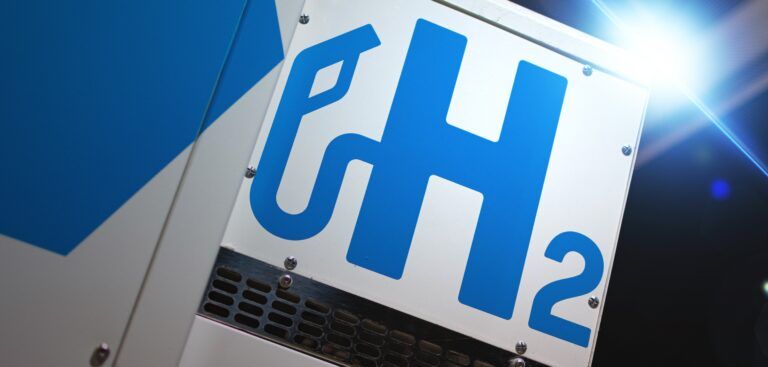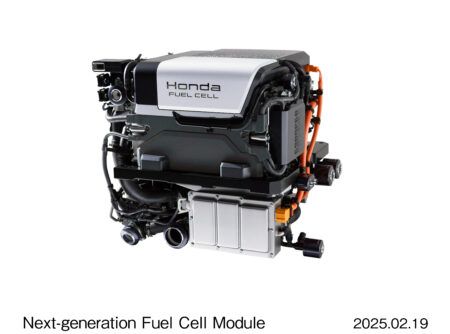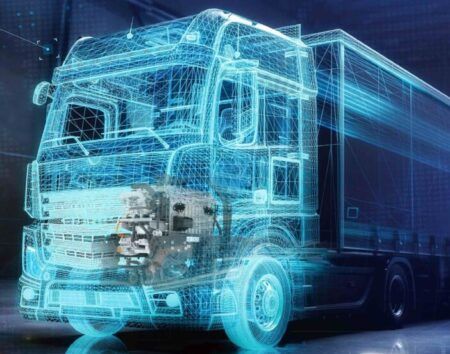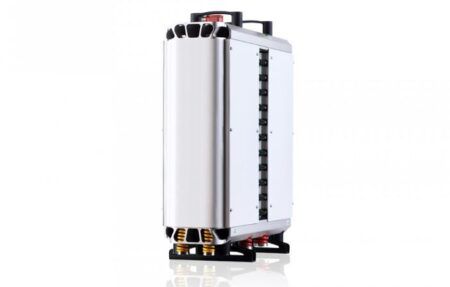Funding has been secured to build the UK’s first facility to ensure accurate measurement of hydrogen fuel and assure drivers of hydrogen fuel cell electric vehicles (FCEVs) they are paying for the correct amount.
TÜV SÜD National Engineering Laboratory has secured Government funding to build the UK’s first mobile primary standard facility for testing hydrogen refueling stations (HRS) to ensure they deliver the correct amount of fuel.
Funded by the Department for Business, Energy & Industrial Strategy (BEIS), through the National Measurement System mechanism, the mobile facility will ensure accurate and consistent measurement of the dispensed quantity of fuel at HRS. This will assure drivers of hydrogen fuel cell electric vehicles (FCEVs) that financial transactions are correct and ensure accurate fiscal measurements for future taxation purposes.
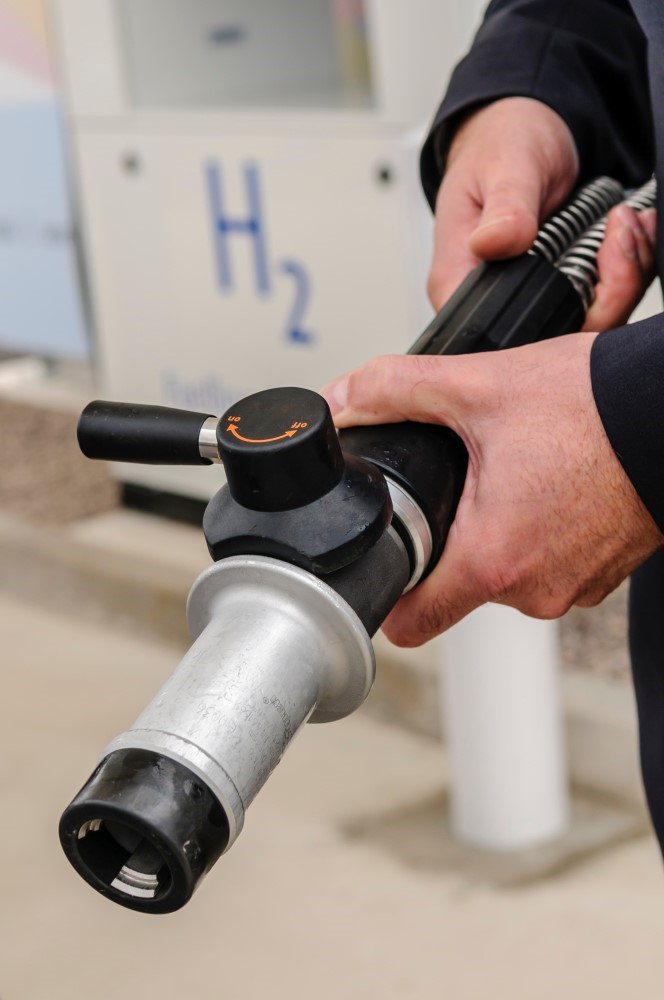
Dr Martin Hanton, technical director at TÜV SÜD National Engineering Laboratory, said: “The design of petrol and diesel refueling stations is highly standardized and if hydrogen FCEVs are to become a viable transport choice, then establishing a standardized refueling infrastructure is crucial. Ensuring the consumer gets what they pay for at the refueling station necessitates accuracy at the nozzle, not the meter. We must therefore bring the calibration facility to the refueling station and that is precisely what we will do with our new mobile primary standard,” concluded Hanton.
The international accuracy requirements for HRS fuel dispensers are mandated as ±2% for new installations. However, current ranges can be anywhere between ±1 – 10%. Furthermore, if a consumer disputes the dispensed volume, Trading Standards cannot investigate at present as the UK currently has no traceability chain that is linked to a physical primary standard for hydrogen, or the equipment and skills to test fuel dispensers. TÜV SÜD National Engineering Laboratory’s new mobile facility will provide this measurement traceability for the UK and the only practical, traceable capability to test hydrogen refueling stations for dispensed quantity at the nozzle in the country.
Marc MacDonald, head of clean fuels at TÜV SÜD National Engineering Laboratory, said: “From our involvement in EU projects such as MetroHyVe, it is clear that the dispensed quantity performance of HRS can be variable, in part due to inconsistency in design. We have seen that compliance with the prevailing regulation (OIML R-139) is possible, but not always achieved, especially if less than a full tank fill is delivered. We will use our new mobile facility to work with industry and test HRS for compliance with the regulations, which is essential to ensure public support for FCEVs use.”
TÜV SÜD National Engineering Laboratory has selected Edinburgh-based hydrogen technology specialist Logan Energy to construct the mobile test facility. Chosen for their proven track-record in delivering integrated hydrogen technologies, the company has successfully supported the development and deployment of zero emission technologies throughout the UK and Europe.
Bill Ireland, CEO of Logan Energy, said: “This is an exciting collaboration between two Scotland-based teams and is fantastic recognition of our expertise and experience in delivering hydrogen systems and refueling stations. This project is all about accuracy in a process that has proved difficult to control. We will be setting industry standards to ensure accuracy when it comes to refueling vehicles.”
Once completed, the new mobile primary standard facility will also be used to conduct a research campaign, which will be used to update industry guidance for the design, construction, modification and maintenance of HRS. This latest project supports TÜV SÜD National Engineering Laboratory’s ongoing work as part of the European Metrology Programme for Innovation and Research (EMPIR) Metrology for Hydrogen Vehicles programme, which is part of the world’s first large-scale research project to tackle hydrogen fuel measurement inaccuracy challenges.


